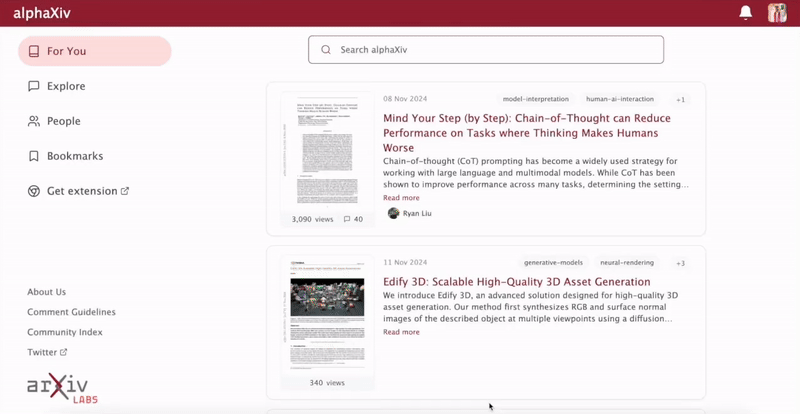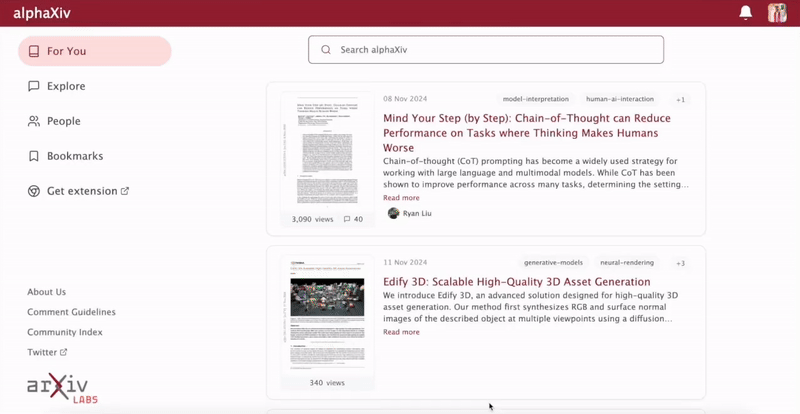W states are quantum correlated states possessing both bipartite and multipartite entanglement, which makes them useful for several quantum algorithms. We propose a protocol to generate these states by exploiting {\it topological ring frustration}, and implement it on a programmable Rydberg atom array up to 11 qubits, successfully generating many-body
W states of Rubidium atoms. Numerical simulations show promising scaling of the algorithm to tens of qubits with near-term achievable updates on the quantum machines. To validate our state preparation protocol and probe quantum entanglement, we devise a fidelity estimator that requires only two sets of measurements. To implement it, we develop a novel and efficient Bayesian state-tomography approach that takes advantage of accurate classical numerical simulations to overcome limitations in the experimental setup. Hence, a lower bound fidelity of around
77% is certified for the experimentally prepared state of 11 qubits. This work provides a state-of-the-art procedure to generate high-quality quantum entangled
W states, demonstrating once more how principles of physics can overcome traditional barriers of computation, and be exploited for quantum advantage.





